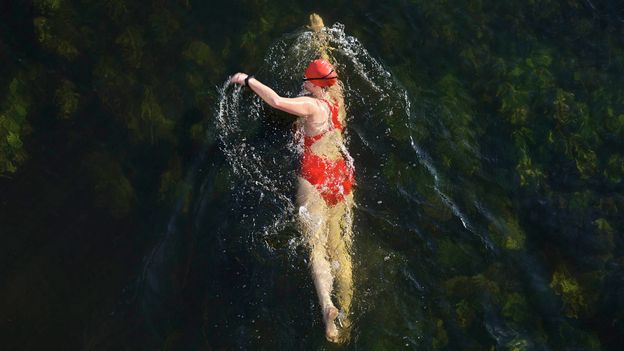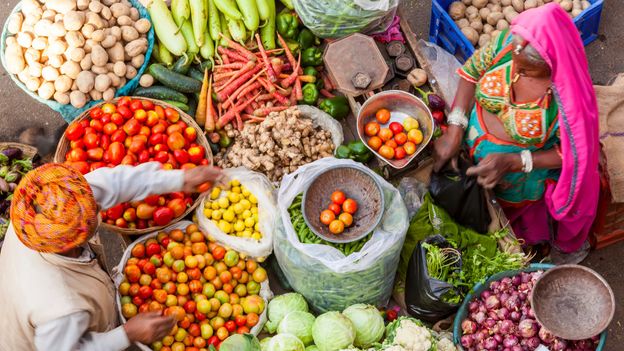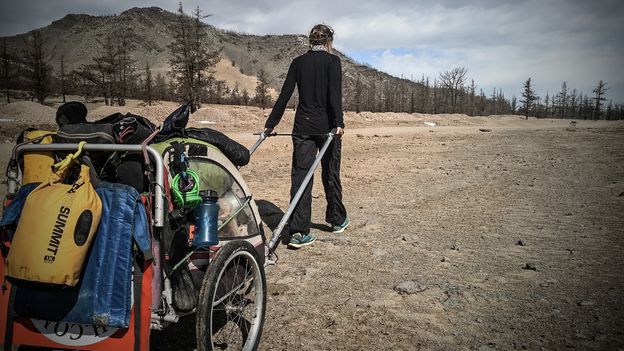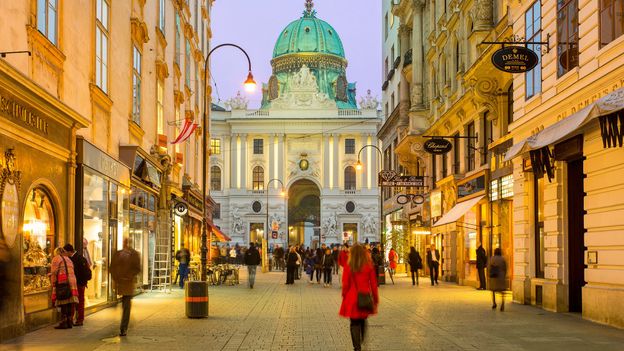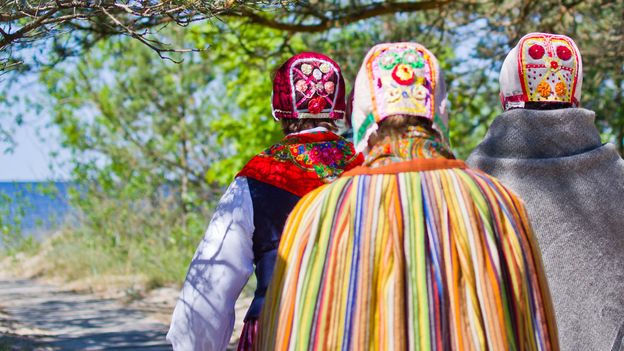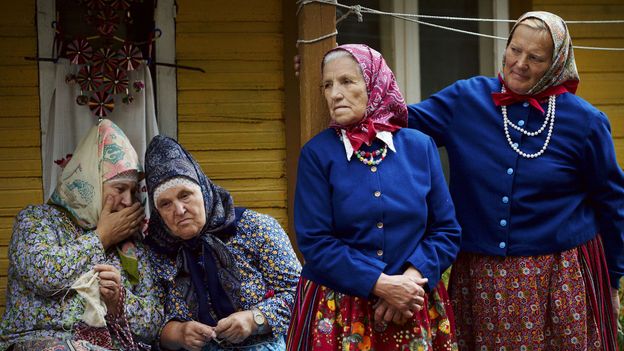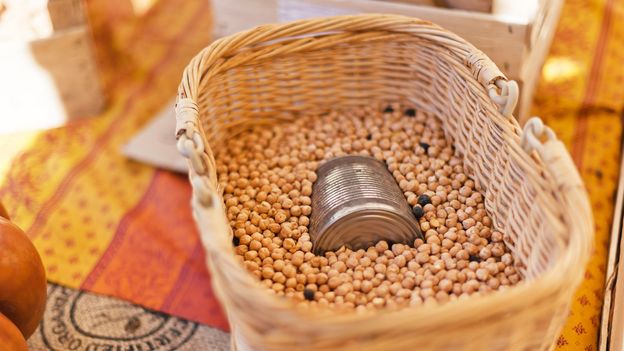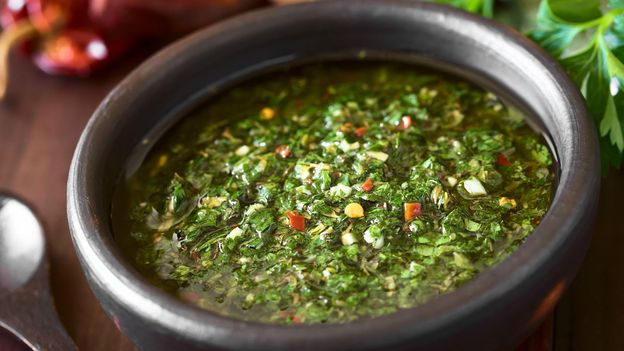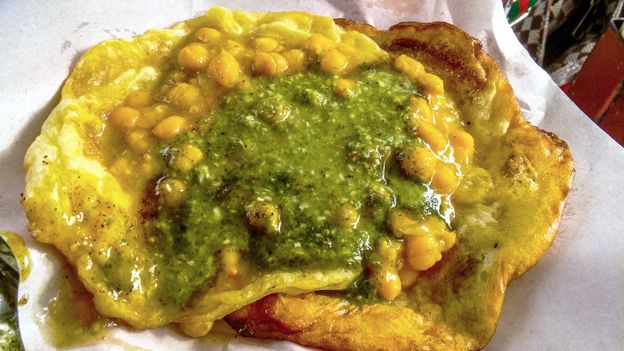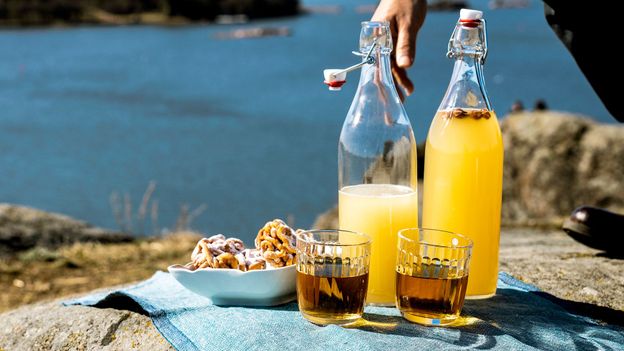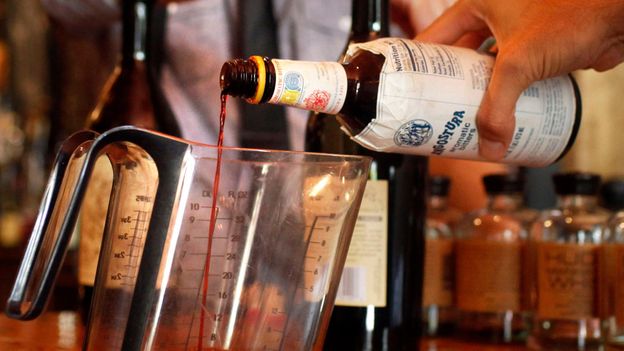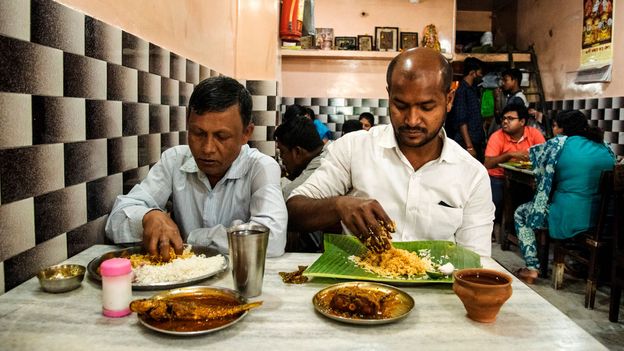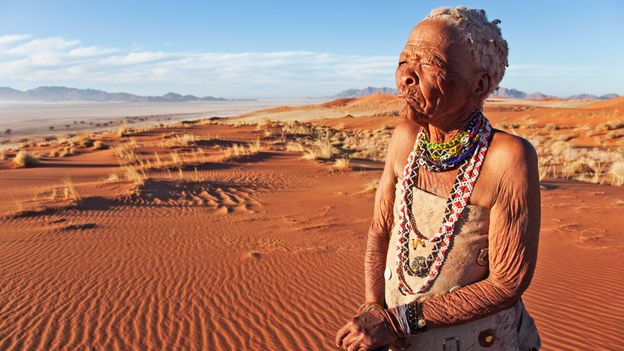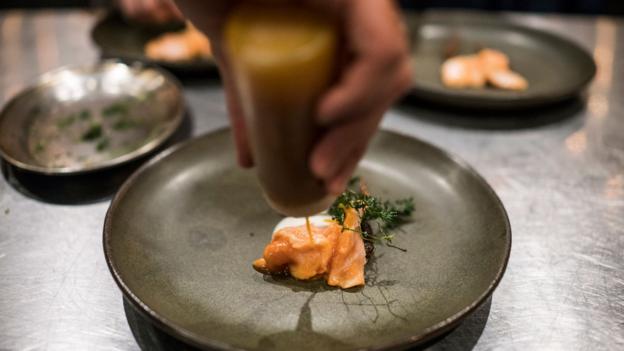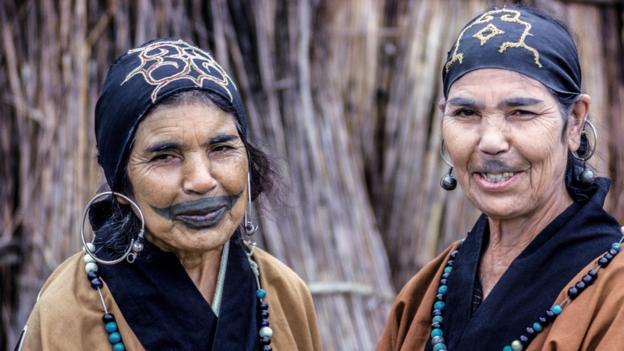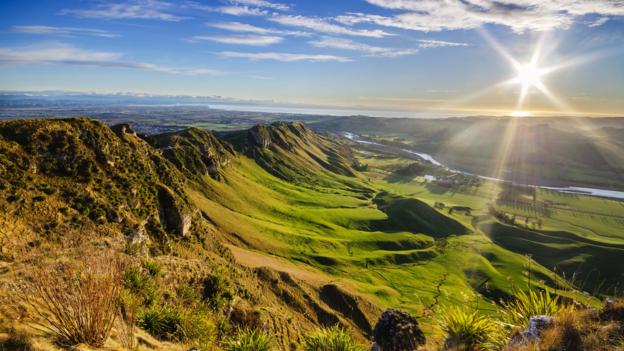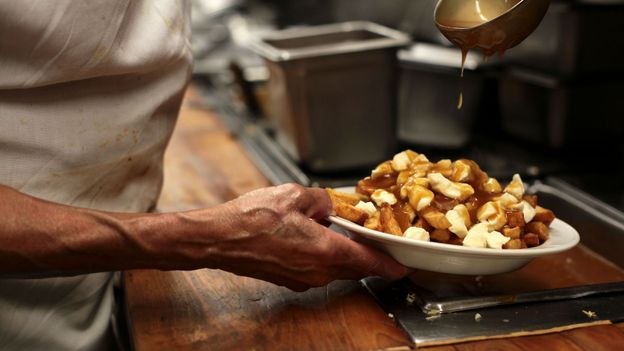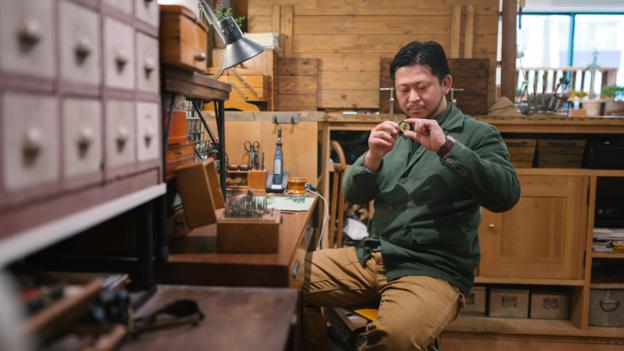Few can claim to have visited the white-sand beaches and lush mountain jungles of Brazil’s Fernando de Noronha archipelago, but that’s not for a lack of trying. Around 75% of these 21 scenic islands set 350km off Brazil’s north-east coast were declared a protected national marine park and sanctuary in 1988, and in order to promote sustainable development, only 420 visitors a day are allowed to enter.
But while a trip to these volcanic clusters is highly sought-after by tourists now, it wasn’t always so. Between the 18th and 20th Centuries, the main island was used as a prison for some of Brazil’s most dangerous criminals.
Made up of one 28.5-sq-km chunk of volcanic rock and 20 smaller islands, this remote archipelago was first discovered in the early 16th Century by the eponymous Portuguese seaman Fernando de Noronha. It was used by both Dutch and Portuguese armed forces until its main island became the site of a prison in the 1700s. The prison was closed in 1957, but some former prisoners never left, making it a home that many of their ancestors still share.
Today, visitors can still see some of the remote prison’s remains, which have largely been overtaken by lush greenery. Fernando de Noronha is still considered to be isolated, although not to the same degree it was in the past. In fact, when Brazil declared independence from Portugal in 1822, it took two years for the news to reach Fernando de Noronha.
Noronha has been designated a Unesco World Heritage Site and is considered home to South America’s best diving and surfing. Luxuriously warm emerald waters envelop the island, teeming with lobsters, turtles, tropical fish and the highest known concentration of dolphins in the world. Long praised for its paradisaical beauty, the island was aptly dubbed “Fora do mundo”, or “out of this world” by Brazilian author Gastão Penalva.
(Video by Ana Terra Athayde, drone operator Márcio Moreno, text by Emily Cavanagh)
Join more than three million BBC Travel fans by liking us on Facebook, or follow us on Twitter and Instagram.
If you liked this story, sign up for the weekly bbc.com features newsletter called “The Essential List”. A handpicked selection of stories from BBC Future, Culture, Worklife and Travel, delivered to your inbox every Friday.

